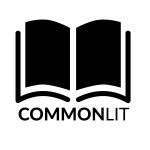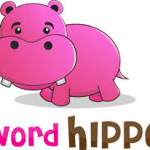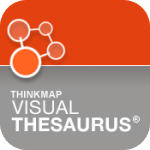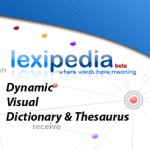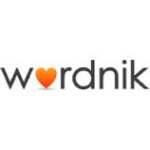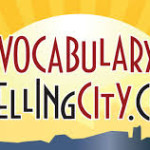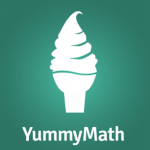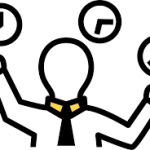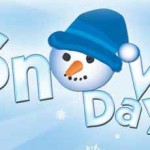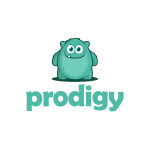21st Century Skills
21st Century Skills are so much more than being digitally literate. While learning to use technology is an extremely important skill for the 21st Century, we must look beyond how to use the tools to how you think, how to access information, ways of working in a globally collaborative world, and skills for living in a 21st Century world.
21st Century Skills should be infused into core curriculum in all classrooms throughout the school day. Teachers should promote, support and model creative and innovative thinking through technology-enriched environments.
21st Century Education
The use of digital tools emphasizes discovery through applying, finding, assessing, synthesizing and utilizing information. Teacher and student access to course content is enhanced by electronic sources within a media-rich environment. The team at US Digital Literacy develops and supports technology resources and professional development to enhance the teaching-learning process.
ATC21S.org categorized 21st-century skills internationally into four broad categories:
- Ways of thinking. Creativity, critical thinking, problem-solving, decision-making and learning
- Ways of working. Communication and collaboration
- Tools for working. Information and communications technology (ICT) and information literacy
- Skills for living in the world. Citizenship, life and career, and personal and social responsibility
The ATC21S project has now moved from conceptual to practical, working with two skills that span all four categories:
- Collaborative problem-solving. Working together to solve a common challenge, which involves the contribution and exchange of ideas, knowledge or resources to achieve the goal.
- ICT literacy — learning in digital networks. Learning through digital means, such as social networking, ICT literacy, technological awareness and simulation. Each of these elements enables individuals to function in social networks and contribute to the development of social and intellectual capital.
The Partnership for 21st Century Skills…
is a national organization that advocates for 21st century readiness for every student.
As the United States continues to compete in a global economy that demands innovation, P21 and its members provide tools and resources to help the U.S. education system keep up by fusing the 3Rs and 4Cs (Critical thinking and problem solving, Communication, Collaboration, and Creativity and innovation). While leading districts and schools are already doing this, P21 advocates for local, state and federal policies that support this approach for every school.
Digital Literacy includes learning how to use technology’s tools.
Skills for living in a 21st Century world
The list of digital tools is never ending. New releases make something that was new yesterday old today. Educators as well as students must thoughtfully determine which tools are essential to their digital literacy tool kit. Tool kit’s vary from one educator to another as they do from one student to another. Once you have mastered a particular tool, move on to another so you can increase your digital power.
Students are wired to learn digitally.They come to us with handhelds practically attached to their limbs. Our obligation is to teach them to become responsible digital citizens as well as discerning users of everything the internet has to offer in our globally collaborative world. Pamela Ann Kirst states in a November 2013 Zanesville Times Recorder article “Accessing information takes a nanosecond; the assimilation of that information, the interpretation and application of it, are the skills we need today. Anyone with Internet skills can find the data; it’s the finder who can tell us why it’s important that gets recognized.”
Media literacy is a 21st century approach to education in which the Center for Media Literacy defines as:
a framework to access, analyze, evaluate, create and participate with messages in a variety of forms — from print to video to the Internet. Media literacy builds an understanding of the role of media in society as well as essential skills of inquiry and self-expression necessary for citizens of a democracy.
“Technology ignites opportunities for learning, engages today’s students as active learners and participants in decision-making on their own educational futures and prepares our nation for the demands of a global society in the 21st century.”


